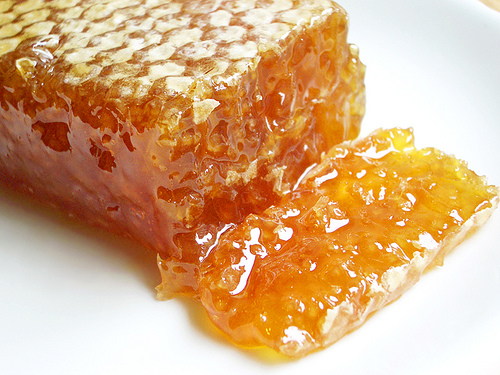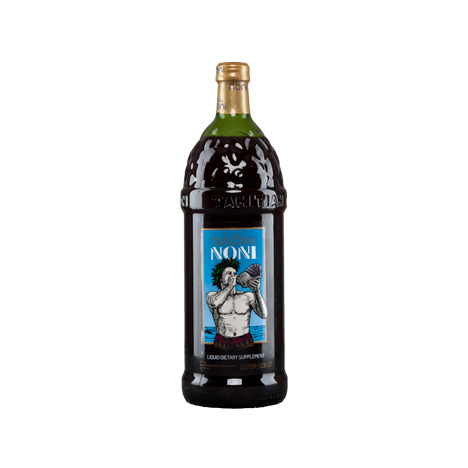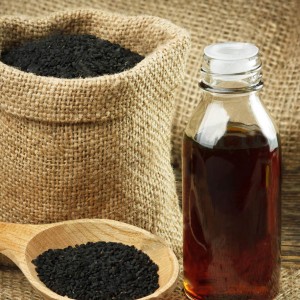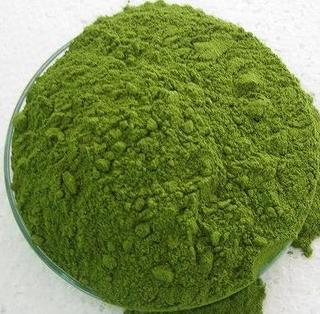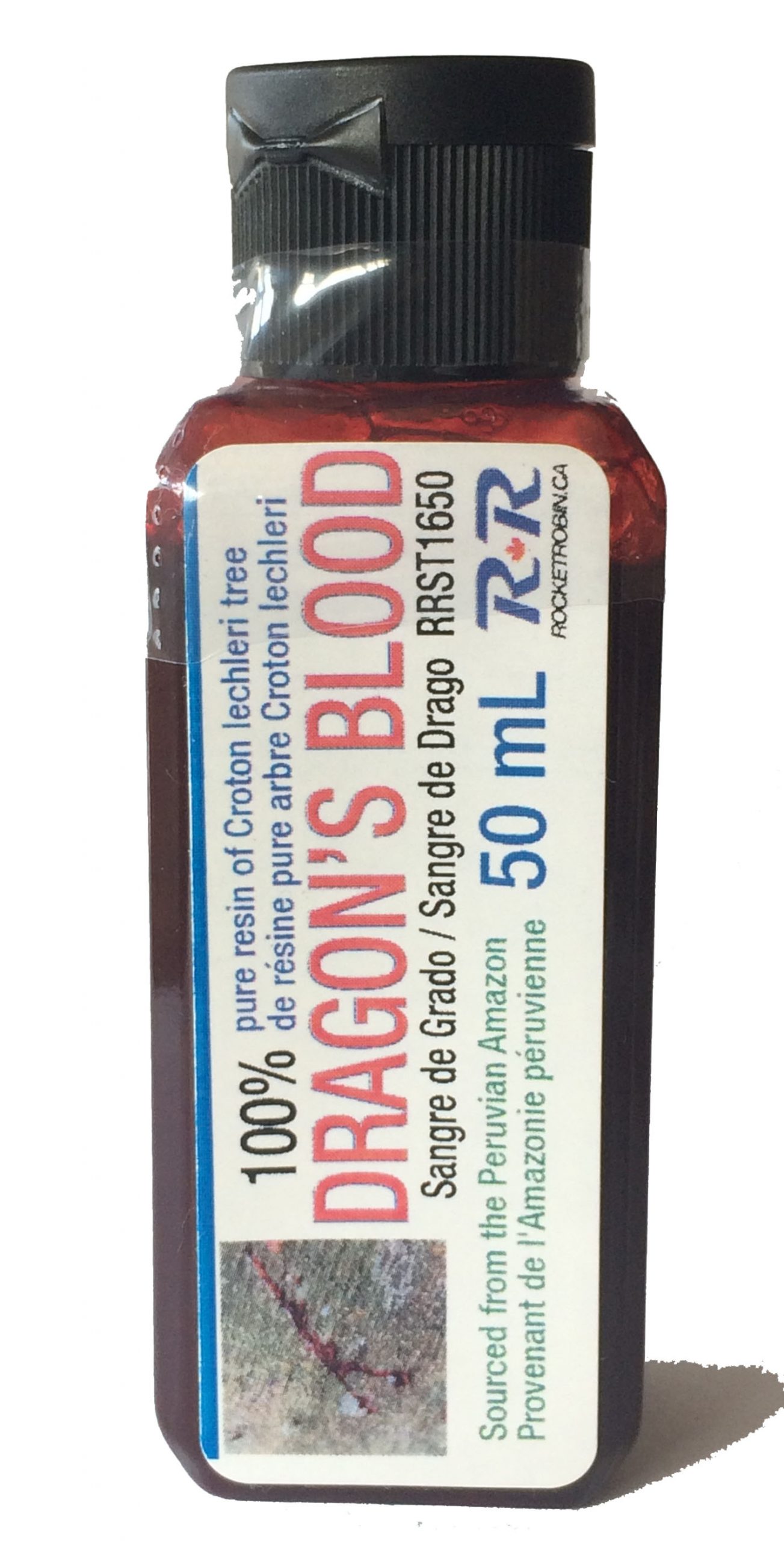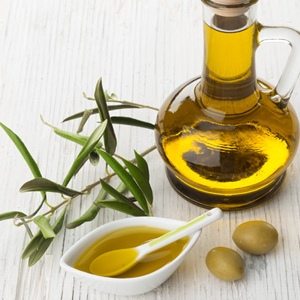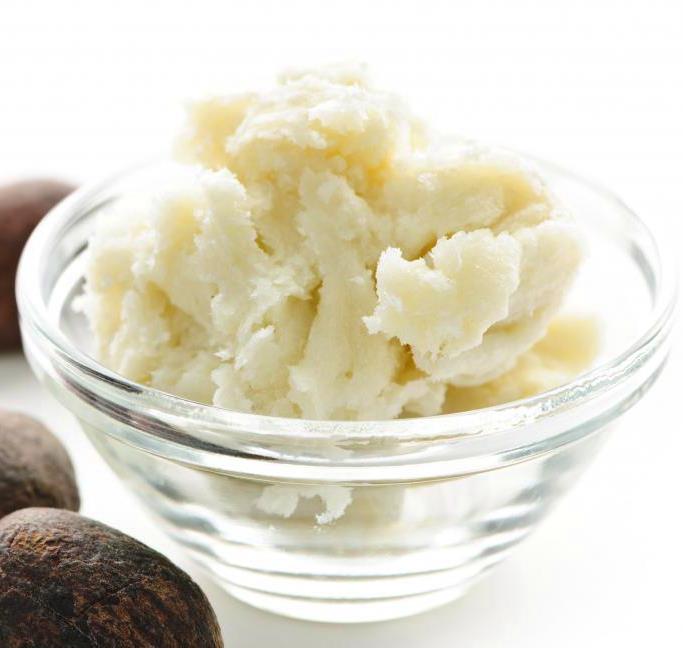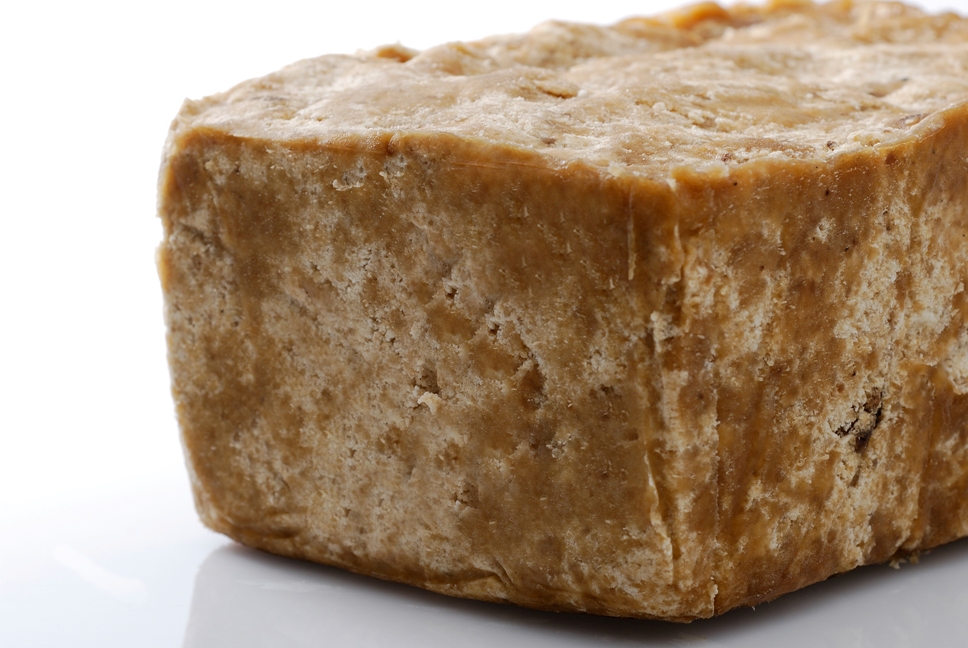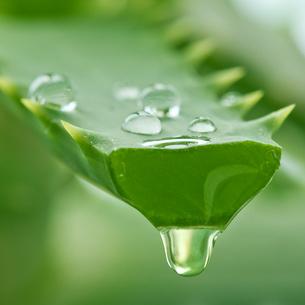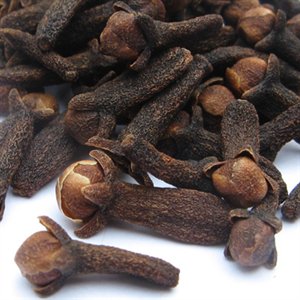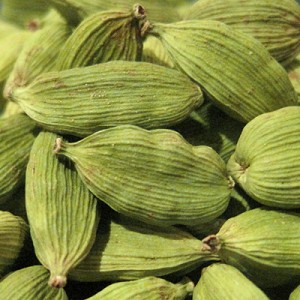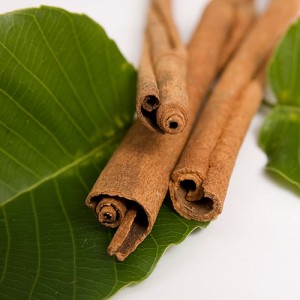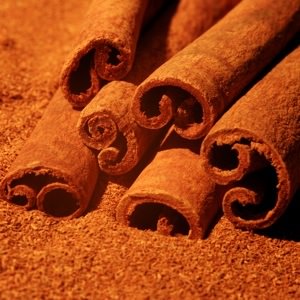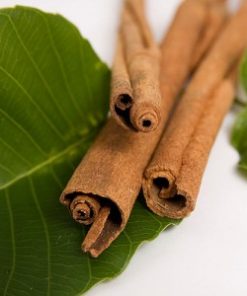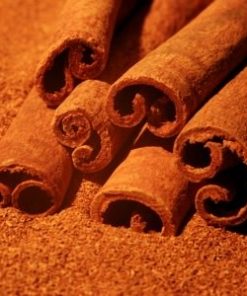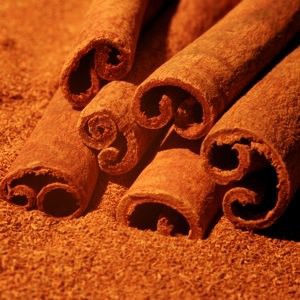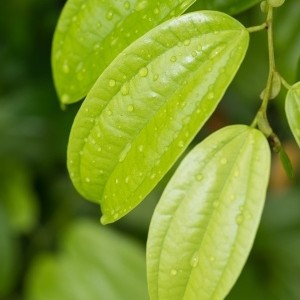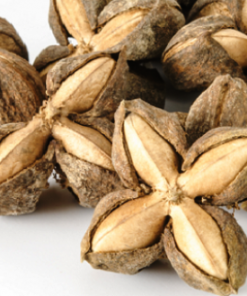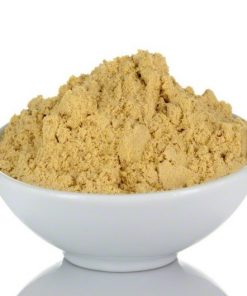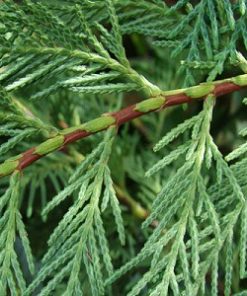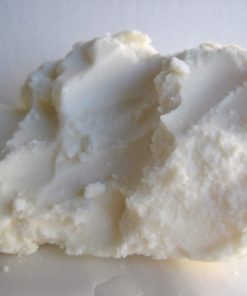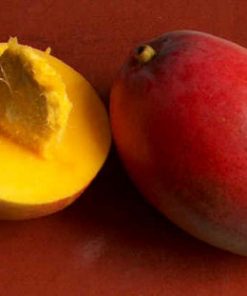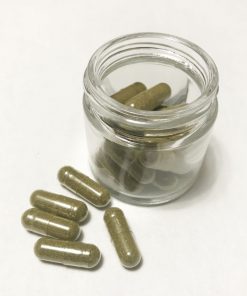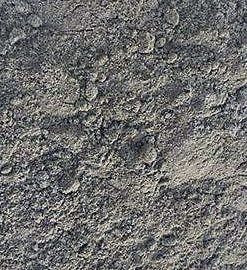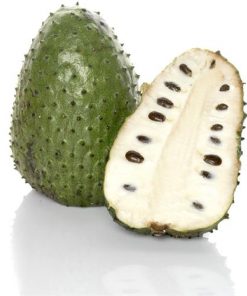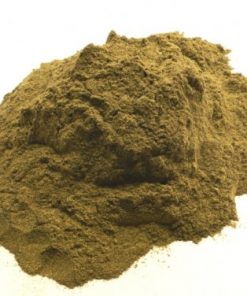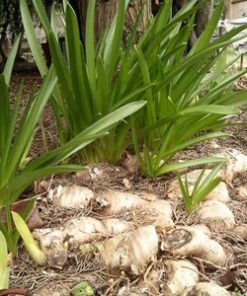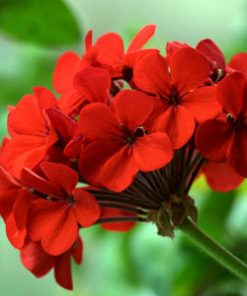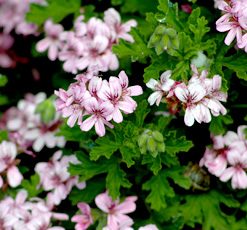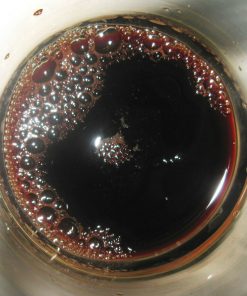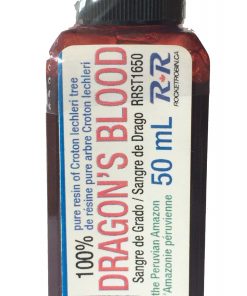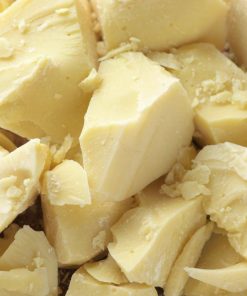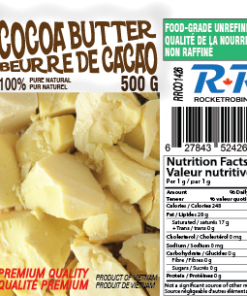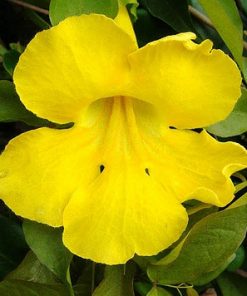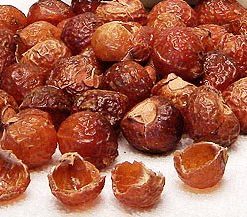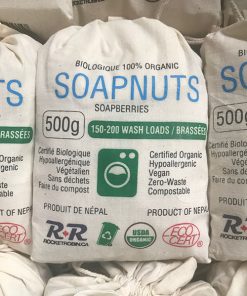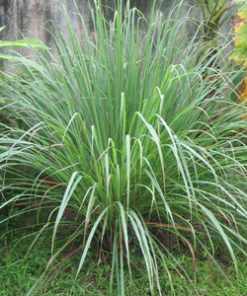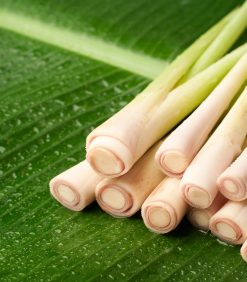Description
Essential Oil Cinnamon (15ml)
Essential Oil Cinnamon
Aroma: Flat, Dry, Warm, Earth, Herbal Spice.
Traditional Use: Cinnamon has a long history of culinary use and in traditional medicine and religion.
Properties: Analgesic, antibacterial, antifungal, anti-inflammatory, antimicrobial, antiseptic, antispasmodic, aphrodisiac, astringent, carminative, digestive, expectorant, stimulant, stomachic, vermifuge
How to Use: Cinnamon blends well with various essential oils, so it is added to many aromatherapy preparations. It enhances the effectiveness of other herbs and essential oils, thus speeding up the treatment of various herbal remedies. Furthermore, many herbs can have an unpleasant taste. Cinnamon or cinnamon oil is often added to herbal preparations to make them taste better.
Blends well with: Benzoin, bergamot, cardamom, clove, frankincense, ginger, grapefruit, lemon, mandarin, marjoram, nutmeg, orange, peppermint, peru balsam, petitgrain, rose, vanilla, ylang ylang
Safety: Avoid while pregnant and in liver or kidney disease. Do not use on skin. Not for internal use.
HISTORY OF USE
Cinnamon has been known from remote antiquity. It was imported to Egypt as early as 2000 BC, but those who report it had come from China confuse it with cassia. Cinnamon was so highly prized among ancient nations that it was regarded as a gift fit for monarchs and even for a god: a fine inscription records the gift of cinnamon and cassia to the temple of Apollo at Miletus. Though its source was kept mysterious in the Mediterranean world for centuries by the middlemen who handled the spice trade, to protect their monopoly as suppliers, cinnamon is native to Bangladesh, Sri Lanka, the Malabar Coast of India, and Burma.
MYSTERIOUS SOURCE OF CINNAMON
Through the Middle Ages, the source of cinnamon was a mystery to the Western world. From reading Latin writers who quoted Herodotus, Europeans had learned that cinnamon came up the Red Sea to the trading ports of Egypt, but where it came from was less than clear. When the Sieur de Joinville accompanied his king to Egypt on crusade in 1248, he reported – and believed – what he had been told: that cinnamon was fished up in nets at the source of the Nile out at the edge of the world (i.e., Ethiopia). Marco Polo avoided precision on the topic. Herodotus and other authors named Arabia as the source of cinnamon: they recounted that giant cinnamon birds collected the cinnamon sticks from an unknown land where the cinnamon trees grew and used them to construct their nests, and that the Arabs employed a trick to obtain the sticks. Pliny the Elder wrote in the first century that traders had made this up to charge more, but the story remained current in Byzantium as late as 1310.
The first mention that the spice grew in Sri Lanka was in Zakariya al-Qazwini’s Athar al-bilad wa-akhbar al-‘ibad (“Monument of Places and History of God’s Bondsmen”) about 1270. This was followed shortly thereafter by John of Montecorvino in a letter of about 1292.
Indonesian rafts transported cinnamon directly from the Moluccas to East Africa (see also Rhapta), where local traders then carried it north to Alexandria in Egypt. Venetian traders from Italy held a monopoly on the spice trade in Europe, distributing cinnamon from Alexandria. The disruption of this trade by the rise of other Mediterranean powers, such as the Mamluk sultans and the Ottoman Empire, was one of many factors that led Europeans to search more widely for other routes to Asia.
The Many Surprising Health Benefits of Cinnamon
Brain Function: Cinnamon boosts the activity of the brain and makes it a good brain tonic. It helps to remove nervous tension and memory loss.
Blood purification:Cinnamon can also help to remove blood impurities. This also makes it a great treatment for pimples.
Pain Relief: Cinnamon is also an anti-inflammatory substance, so it helps in removing stiffness of the muscles and joints. Cinnamon is also recommended for arthritis, and it is known to help in removing headaches that are caused by colds.
Diabetes: Cinnamon has the ability to control blood sugar, so diabetics find it very useful because cinnamon aids them in using less insulin. .
Infections: Due to its antifungal, antibacterial, antiviral and antiseptic properties, it is effective on treating external as well as internal infections. It helps in destroying germs in the gall bladder and the bacteria present in staph infections.
Healing: Cinnamon acts as a coagulant and helps to stop excess bleeding. Therefore, it facilitates the healing process.
Heart diseases: It is believed that the calcium and fiber present in cinnamon provide protection against heart diseases. By including a little cinnamon in your food, you can help prevent coronary artery disease and high blood pressure.
Mouth freshener: Cinnamon is often used in chewing gums, as it is a good mouth freshener and removes bad breath.
Perfumes: It has a refreshing aroma and is extensively used in perfume-making.
Indigestion: Cinnamon is added in many ethnic recipes. Apart from adding flavor to the food, it also aids in digestion. Cinnamon is very effective for indigestion, nausea, vomiting, upset stomach, diarrhea and flatulence. Due to its carminative properties, it is very helpful in eliminating excess gas from the stomach and intestines. It also removes acidity, combats diarrhea and reduces the effects of morning sickness. Cinnamon is therefore often referred to as a digestive tonic.
Respiratory problems: Cinnamon helps in relieving the symptoms of colds, influenza, sore throat and congestion.
Menstruation: Cinnamon is effective in providing relief from menstrual discomfort and cramping.
Birth control: Cinnamon also helps in natural birth control. Regular consumption of cinnamon after child birth delays menstruation and thus helps to avoid conception.
Breastfeeding: It is also believed that cinnamon aids in the secretion of healthy breast milk.
Cinnamon is diuretic in nature and helps in the secretion and discharge of urine. It is also commonly used as an aphrodisiac and is believed to arouse sexual desire in men and women.
Caution: May cause skin irritation. Dilute well for internal and external use.
- Not recommended for pregnant women and infants.
Individuals with serious and chronic health issues should consult an expert prior to using oils.
TRUST ROCKET ROBIN
Rocket Robin is proud to be your supplier of truly natural products with simple ingredients in support of your family’s health and well-being.
Additional information
| Weight | 0.1 kg |
|---|---|
| Dimensions | 10 × 10 × 1 cm |
| Leaf or Bark | Cinnamon Leaf, Cinnamon Bark |

